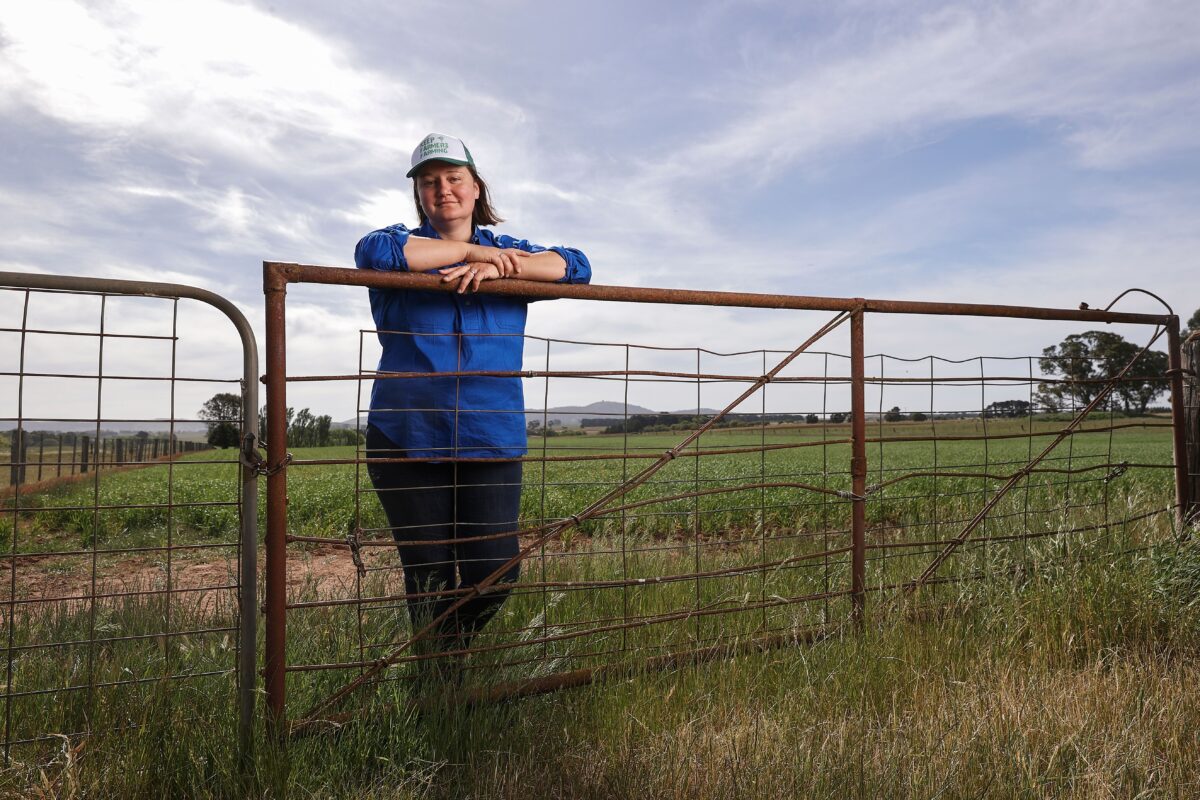The Australian government has been urged to publish the results of a review into how to reform and improve community engagement around renewable energy project and infrastructure upgrades as developers face increasing obstacles for new wind and solar projects and new transmission lines.
The Community Engagement Review, headed by Australian Energy Infrastructure Commissioner (AEIC) Andrew Dyer, was launched in July 2023 with the final report from the review presented to the federal government in late December.
The National Farmer’s Federation (NFF) is now calling for the release of the findings with President David Jochinke saying the review was a step in the right direction toward ensuring community engagement and social license as the federal government seeks to achieve its target of 82% renewables by 2030.
“The government has the review outcomes in their hands so we urge them to get moving on it to make things fairer for farmers,” Jochinke said.
“We want to work with government on this important issue and the findings of this report are a good place to start that collaboration.”
A spokesperson for Australian Energy Minister Chris Bowen said the government had received the findings of the review in late 2023 and the report will be released “once the government has considered the report findings.
“The Opposition spent 10 years trying to stall the transformation to a cheaper, cleaner, more reliable energy system and failed to make the necessary reforms to improve how our nation building energy projects are rolled out in communities,” the spokesperson said.
“The Albanese Government is taking a different approach by working with communities, jurisdictions and the sector to get it right.”
Securing a social license to build transmission lines is among the most pressing issues facing Australia’s energy transition with many of the proposed transmission lines identified as essential by the Australian Energy Market Operator (AEMO) for the transition to renewables facing community opposition.
The Community Engagement Review is intended to establish national guidelines for renewable energy businesses and suppliers on community engagement and impact evaluation and provide advice on the best way to maximise engagement when planning, developing and operating renewable energy infrastructure projects.
Jochinke said the review presents a real opportunity for the government to dispel the uncertainty hanging over the heads of landholders, claiming farmers are often the last to find out about these projects to be rolled out across their land.
“It’s the right thing to do to consult with landholders in the early stages of these projects that directly impact their livelihoods,” he said.
“This isn’t a NIMBY [not in my backyard] situation. Farmers support the transition to renewable energy, but they don’t want to see these projects being prioritised over growing food and fibre.”
“Often there are far better solutions, like taking projects along fence lines or in unproductive paddocks but the energy companies rarely stop to listen to these smart solutions.”
The review’s consultation period closed in October after 71 stakeholder, landholder, and community group meetings. The review received 509 written submissions and 251 online survey responses.
Author: Ev Foley
Updated on 16 January 2024 to include comments from Minister Bowen’s office.
This content is protected by copyright and may not be reused. If you want to cooperate with us and would like to reuse some of our content, please contact: editors@pv-magazine.com.








Why does the NFF (National Farmers Federation) no prepare and submit its own RE Plan for Australia (rather than keep waiting for the Officials ) delaying implementation of Pollution Free Energy at the behest and 💰💰💰💰💰💰.. being passed around to suppress and delay this Transition…
This Plan… would.. typically…
• Povide the Basis and Rationale for the Transition from a Dirty / Polluted Australia to a ZERO POLLUTION ONE.. and point how Global Pollution TODAY causes 9 Million Premature Deaths Annually and 275Million DALY of Suffering that match or exceed the Victims during even the WW-II with a Socieyal Cost of $37.5 Trillion/yr ($1 Million / Victim; $100,000/DALY of year-long Suffering).
• Point out that ALL ENERGY Producing & Consuming Sectors (not just the present Electricity users) will have to play their part on this Transition to ZERO POLLUTION.
• Provide the Data regarding use of Energy, as per the above, in Australia today, with a forecast to .. say 2040/50.. to implement above Transition.
• Provide the Data with respect to the Solar Panels needed to meet the above Energy Demand.
• Provide Data as to how the Farmland /Farmers, using AgriVoltaics (AV) alone, can readily meet the Energy Demand or need for additional land.
[ The Best Part of AV is that it enables one to harness Pollution Free Solar Electricity above and continue to Graze / Grow Food below. NO NEW LAND IS NEEDED OR DIVERTED].
• Point out how Implementation of PRINCIPLE #16 of the 1992 UN Rio Agreement (ratified by Australia in 1992) that THE POLLUTERS MUST PAY (PMP) for the Damage & Societal Costs (Globally $36.5 Trillion/yr) and “pass them on” to providers of Pollution Free Solar Energy / Electricity be used to FINANCE THIS TRANSITION.
Australian Farmers and NFF need to “lead Australia” and “snatch the batton” from their blithering Politicians and Officials.. take Charge and DEMAND IMPLEMENTATION of the above NFF Energy Plan..
Best of Luck..!!!